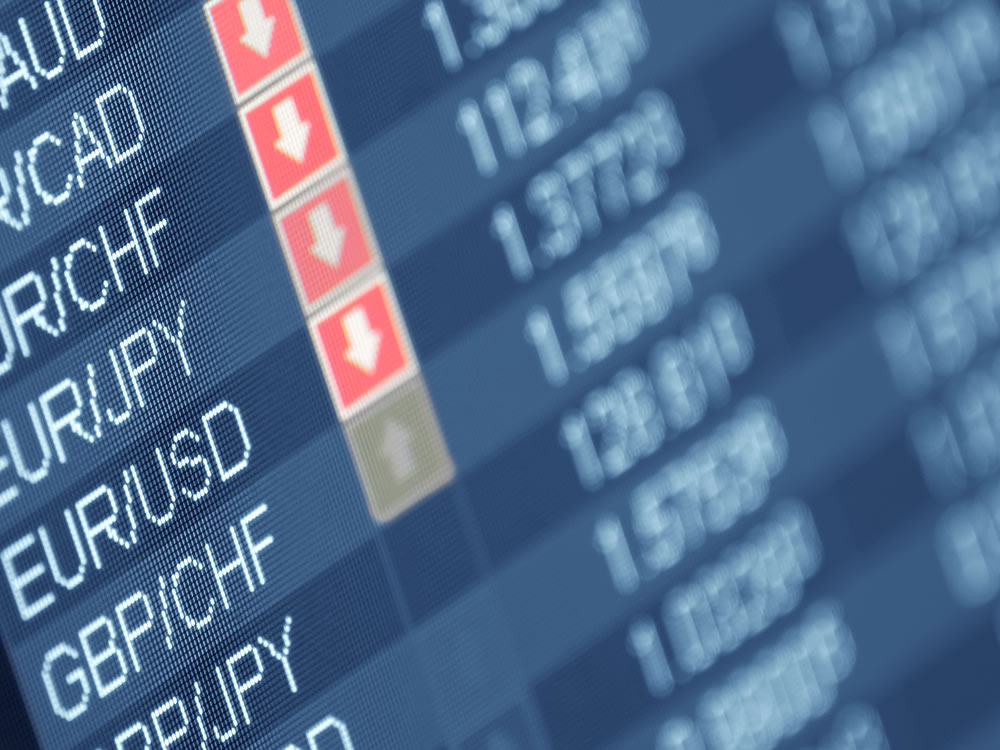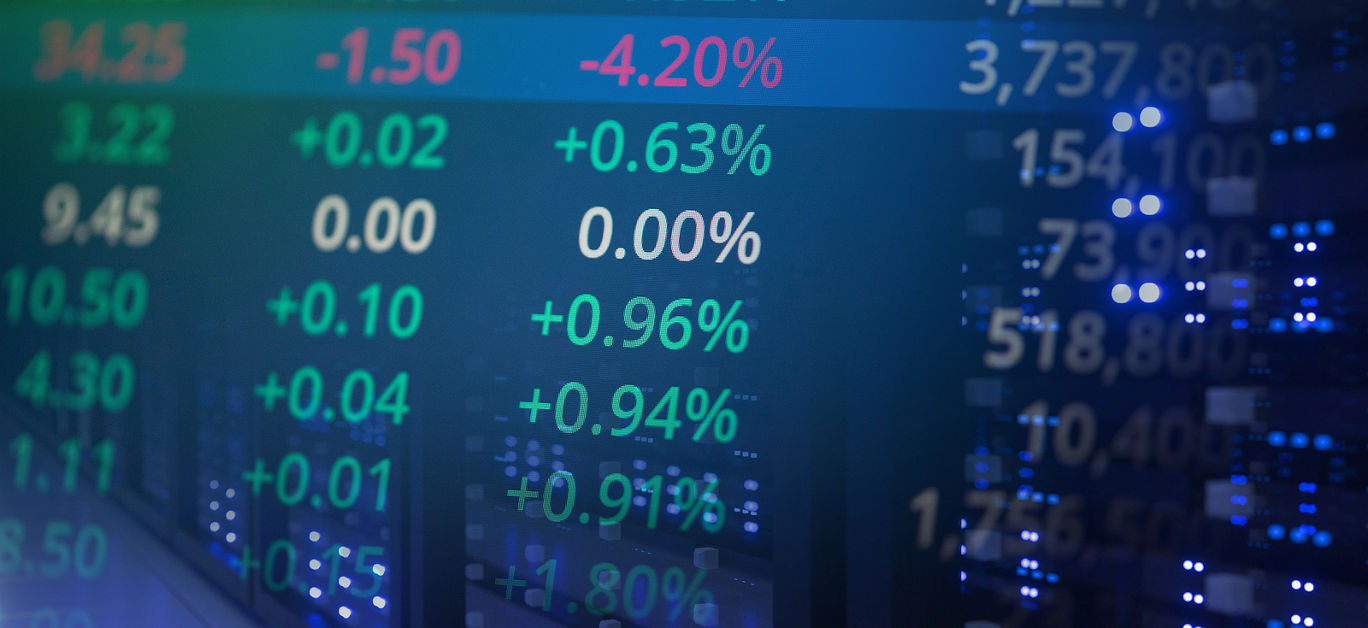Currency trading, or ‘forex’ trading as it is often called, is a crucial aspect for many investors in the UK, playing a core role in their decisions and taking a central position in many portfolios. Understanding how currency trading works is essential for anybody who wants to navigate the complex financial world, especially with the global markets being more interconnected than ever. This article considers the different areas of currency trading and how they impact the investment decisions of UK traders.
Understanding the basics of currency trading
The importance of currency trading must be recognised. It should be cautiously explored by beginners who don’t yet have a clear view of how it works. Currency is the medium through which a lot of international trade is conducted, so with London serving as one of the world’s most prominent financial centres, it makes sense that traders have taken an interest.
The role of currency in trading
Currency acts as the middleman between two countries conducting trade, making exchanging goods and services far easier. This is why popular currencies like the US dollar and the British pound have such high-value statuses.
When it comes to investing, currencies play a role in calculating how valuable an investment is, which is why many traders take time to understand how the international market works, including the impact that particular deals can have. Traders can use tools like TradingView and MetaTrader to help them gain an edge, but understanding how currencies work is still an essential first step.

Key concepts in currency trading
When one engages in currency trading, investors should be careful to fully grasp how concepts like exchange rates and currency pairs work, as they will be central to any trades they make. It’s wise to understand how currency valuation methods work because these can be complex and may vary depending on the currency and trading style, considering different factors, including liquidity, vulnerability, and prospects. Understanding how these factors can impact exchange rate values will greatly affect how successful one’s trading career will be.
How currency pairs work
Each currency pair will have unique characteristics and influencing factors. The USD-JPN pair is a popular trading pair for those interested in the United States and Japan and is often influenced by decisions made by the US Federal Reserve and the Bank of Japan.
On the flip side, the EUR-USD pair is more likely to be impacted by the European Central Bank and trends in the Eurozone and the United States. These are only a few examples, but they should show how domestic and international institutions can impact currency pairs.
The specifics of currency trading in the UK
Because the UK plays such a vital role in the world of trading, it’s time for us to look at what UK traders should pay close attention to when trading currencies. Understanding the core influences on the British pound and the impact this can have is essential, so let’s dive right in.

Unique aspects of the UK currency market
The UK currency market is one of the most liquid in the world, being actively traded by countless investors daily. The British Pound is very recognisable thanks to how iconic GBP has become in the financial sphere and beyond, making it easy for traders to identify its involvement in currency pairs.
To say that the UK has had a crazy few years would be an understatement, and this has impacted its currency, but there’s much more to it than just that. Beyond politics, traders should also watch out for societal changes, governmental policies, and banking behaviour, as they can impact investment attitudes at home and beyond. Traders should also watch for GDP growth, inflation rates, and employment data, as they can affect the pound’s value and growth potential.
The influence of the British pound on trading
The power of the British pound can significantly impact one’s trading strategies and the outcome of their investments. A strong pound often makes exports increasingly expensive, pricing out potential markets. In contrast, a weaker pound may limit internal growth but encourage external investment due to higher interest rates. There are often many factors at play, and it’s rarely so cut and dry, so it’s essential to take a holistic view of the market and the broader economy.
Getting started
If you’re interested in trading and the British pound is an area of interest, you can get started by familiarising yourself with how the market typically behaves and what current events could impact currency prices. This way, you’ll have the best chance of succeeding and getting a good return on your investment.
Disclaimer: Investing money carries risk, do so at your own risk and we advise people to never invest more money than they can afford to lose and to seek professional advice before doing so.






















